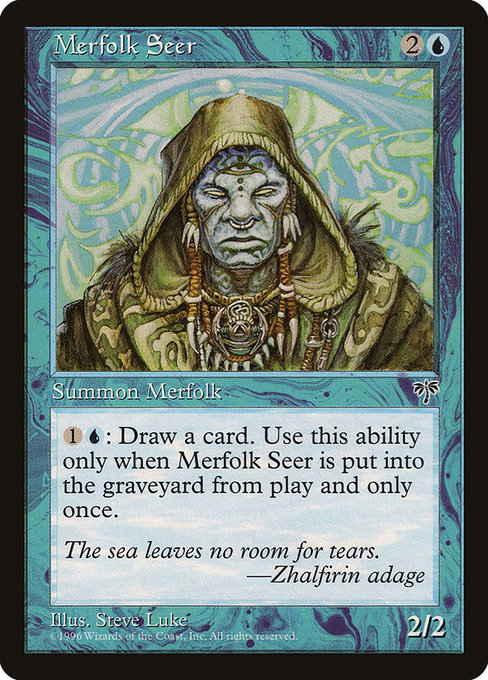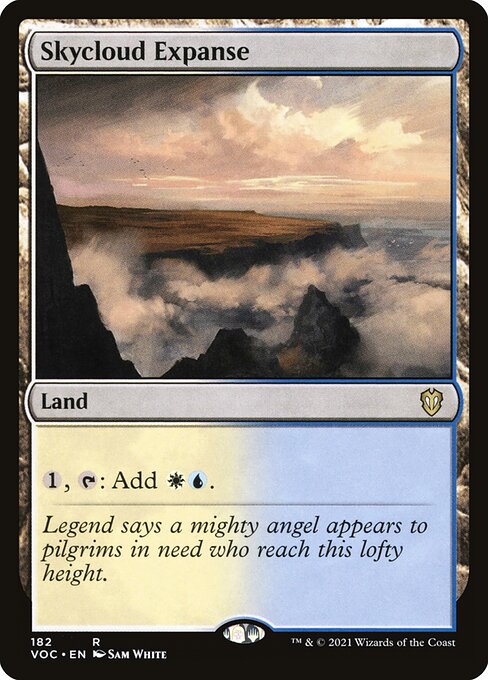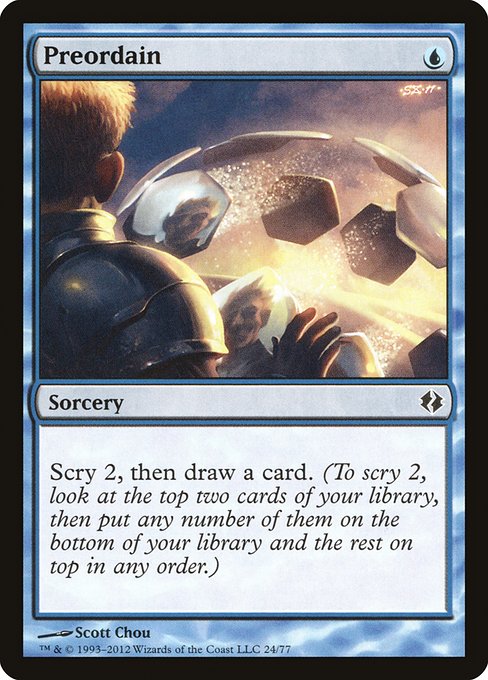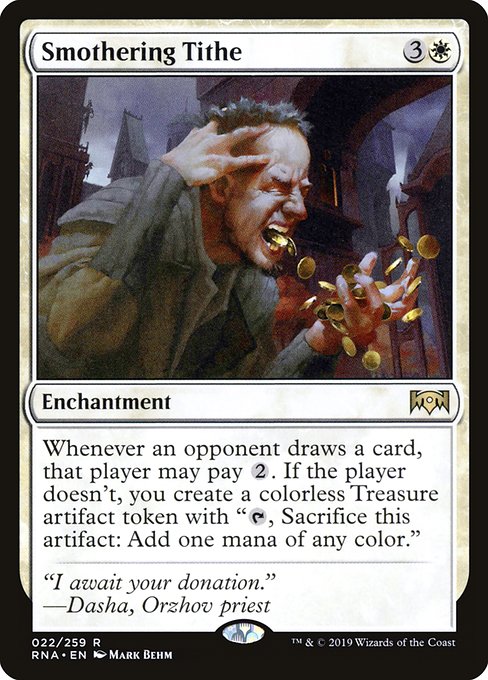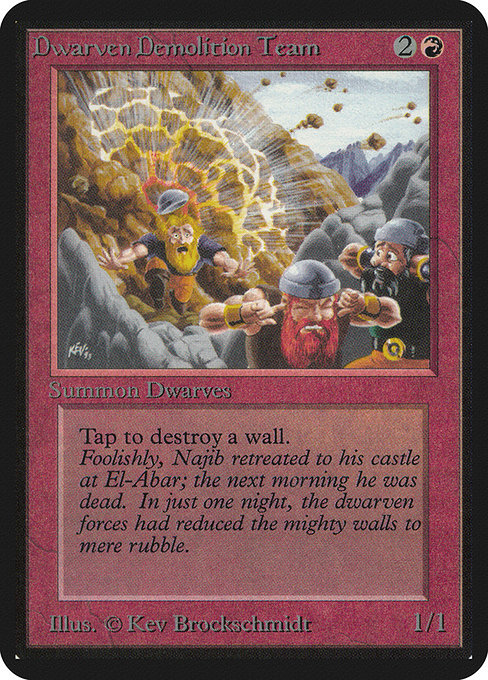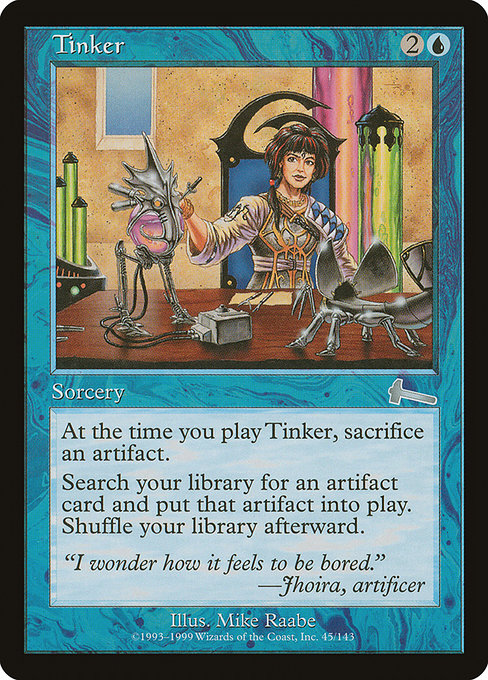
Tinker

Full Analysis
Generated on 2025-06-27T20:52:24.496259 • Legacy FormatThe Art of Adaptation: A Deep Dive into Tinker
TL;DR Summary Tinker is a versatile sorcery that allows players to search their library for and play any artifact card they need. By sacrificing an existing artifact as an additional cost, Tinker provides flexibility and depth to various artifact-based strategies.
The Mechanics of Adaptation
When casting Tinker, the sacrifice of an artifact serves as an additional cost, which must be paid in addition to the sorcery's base mana cost. This can lead to some fascinating interactions:
- If a player has no artifacts on the battlefield, they cannot cast Tinker. The card requires a pre-existing artifact to function effectively.
- When sacrificing a creature with an ability that triggers when sacrificed (such as Grapple Spikes), the trigger will occur before Tinker resolves, adding another layer of complexity to gameplay.
- The artifact sacrificed for Tinker's additional cost is not returned to its owner's hand or graveyard; it's simply destroyed.
Tinker searches the library for any artifact card, putting it onto the battlefield and then shuffling. This search ability has significant implications:
- If a player already controls an artifact with deathtouch (such as Apostle of Agony), Tinker can find a more valuable or game-changing artifact to play.
- Since artifacts are searched for at random, players may occasionally find a less desirable card, such as Suncalf Ducat. However, this is relatively rare and can be mitigated with careful deck selection.
The Art of Adaptation: Strategic Uses and Synergies
Tinker excels in various formats due to its ability to quickly play any artifact. This allows players to:
- Adapt to changing metagames or unexpected threats by finding relevant cards.
- Fix mana and color issues with artifacts that have multiple colors in their costs, such as Mox Opal. By playing this artifact early, players can accelerate mana development and gain a significant advantage.
- Play powerful artifacts on turn 1, bypassing the usual turn 3-4 activation delay.
Some notable combinations and synergies involving Tinker include:
- Finding Mox Opal or other expensive mana-fixing artifacts to accelerate mana development. This is particularly effective in combination with Leyline of Anticipation, allowing for rapid acceleration and potentially game-changing turns.
- Playing Apostle of Agony as a threat while also finding deathtouch-enchanted artifacts (such as Griselbrand) to clear the board.
- Using Tinker to play tokens generators (such as Omniscience), which can generate tokens that interact with artifact synergy cards.
The Archetypes and Roles
Tinker is often included in artifact-based decks, where its search functionality provides an essential layer of flexibility. This can take various forms:
- Artifact combo decks that aim to find key pieces like Mox Opal or Expedition Map, accelerating mana development.
- Token generators (such as Omniscience), which can generate tokens that interact with artifact synergy cards.
- More complex strategies, such as infinite combos involving Mox Opal and Sol Ring, which rely on Tinker to quickly find the necessary pieces.
The Format Viability and Competitive Context
Tinker has been a staple in various formats over the years, including Modern, Legacy, and Pauper. Its versatility makes it attractive for players seeking an adaptable artifact search spell:
- In Modern, Tinker is often used to fix mana issues or play Mox Opal on turn 1.
- In Legacy, Tinker helps power combo decks that rely on finding artifacts like Expedition Map or Wasteland.
- In Pauper, Tinker's value lies in its ability to find cheaper, more accessible artifact cards like Suncalf Ducat.
However, the metagame is constantly shifting, and Tinker can fall victim to anti-artifact strategies or simply overpowered cards. Players must balance their deck's reliance on Tinker with potential counters.
Rules Interactions and Technical Notes
Tinker interacts with several card effects:
- If a player uses Doomsday in combination with Tinker, they'll need to make sure the artifact sacrificed for Tinker doesn't trigger Doomsday's "get an extra card" effect.
- Doomsday can also find an artifact that would otherwise be too expensive for Tinker to play, providing a new layer of complexity.
Art and Flavor
Tinker was first released in the early 2000s as part of the Mirrodin set. The card's artwork features a miniature machine surrounded by swirling blue energy, showcasing the futuristic and industrial themes found throughout the expansion.
As for its flavor text, Tinker's description reads: "Tinker's workshop is a cramped, cluttered space filled with half-assembled machines and scraps of discarded technology."
Summary of Key Points
In conclusion:
- Tinker serves as an essential artifact search spell that adapts to various strategies.
- Its sacrifice requirement and additional cost can create interesting interactions.
- Strategic uses include finding mana-fixing artifacts or playing powerful tokens.
- Format viability is high in Modern, Legacy, and Pauper, but its effectiveness depends on the metagame.
Tinker continues to be a staple of artifact-based decks due to its flexibility and potential for game-changing plays. Its ability to adapt to changing situations makes it an invaluable addition to any deck looking to take advantage of artifacts.
